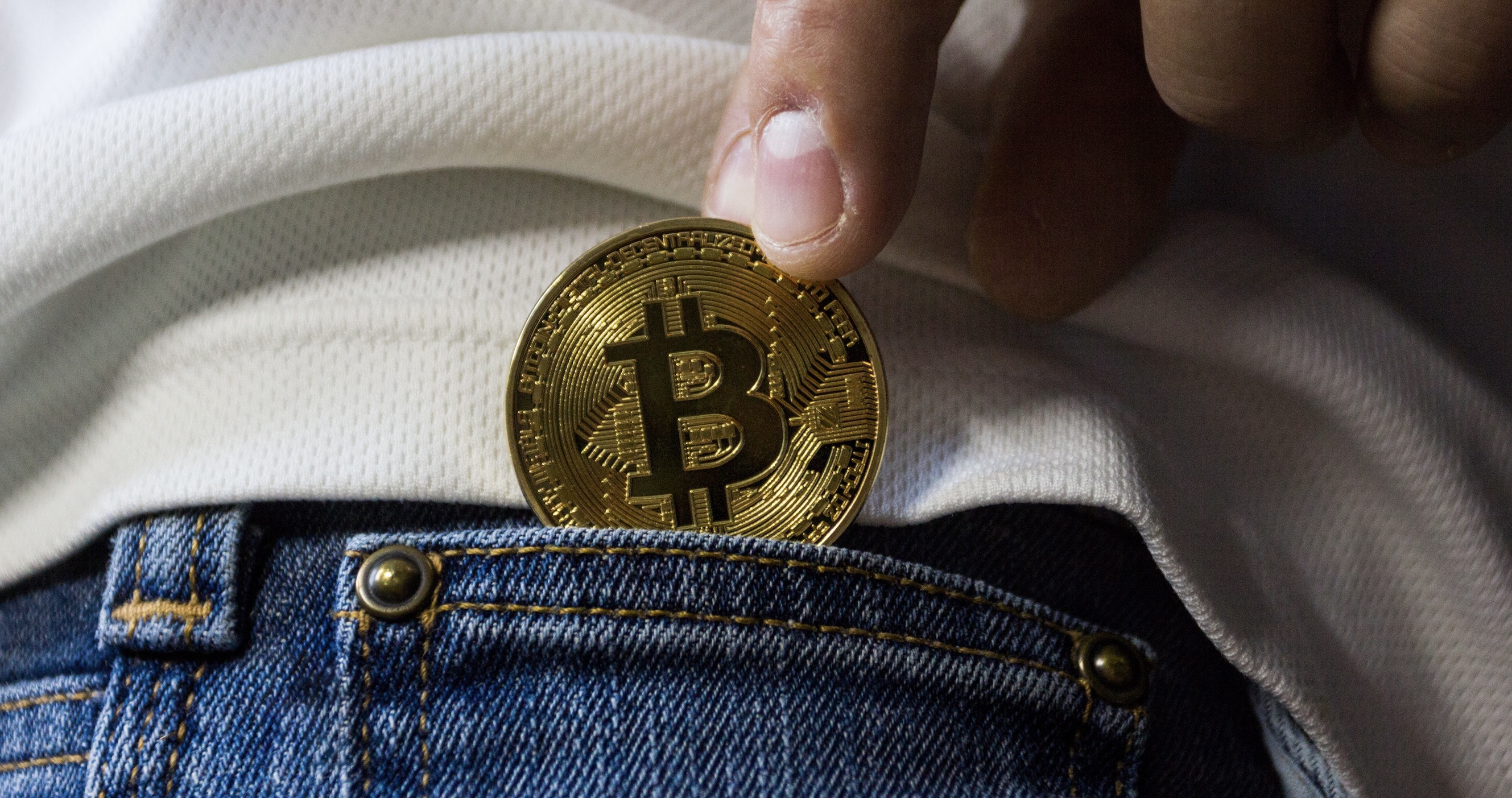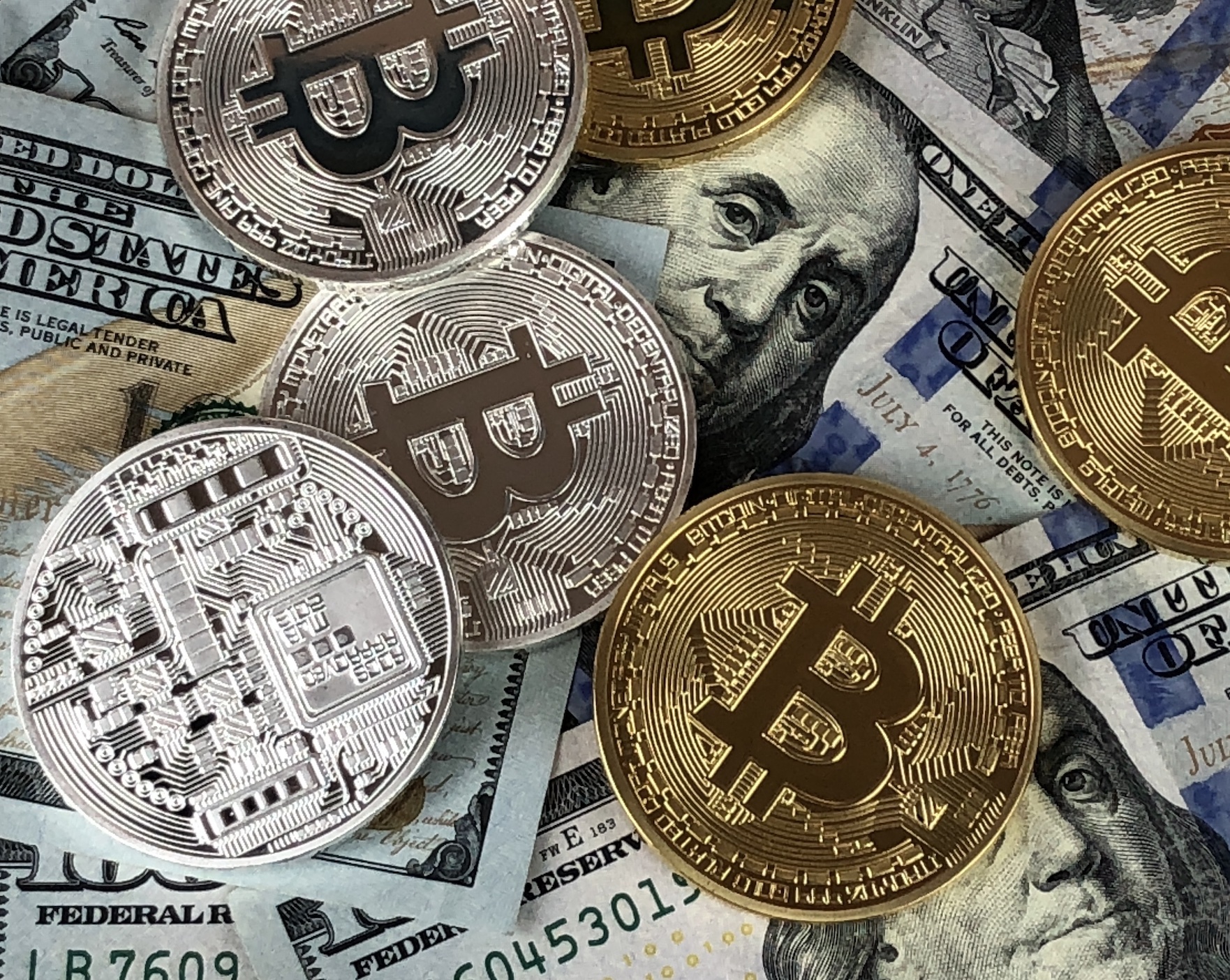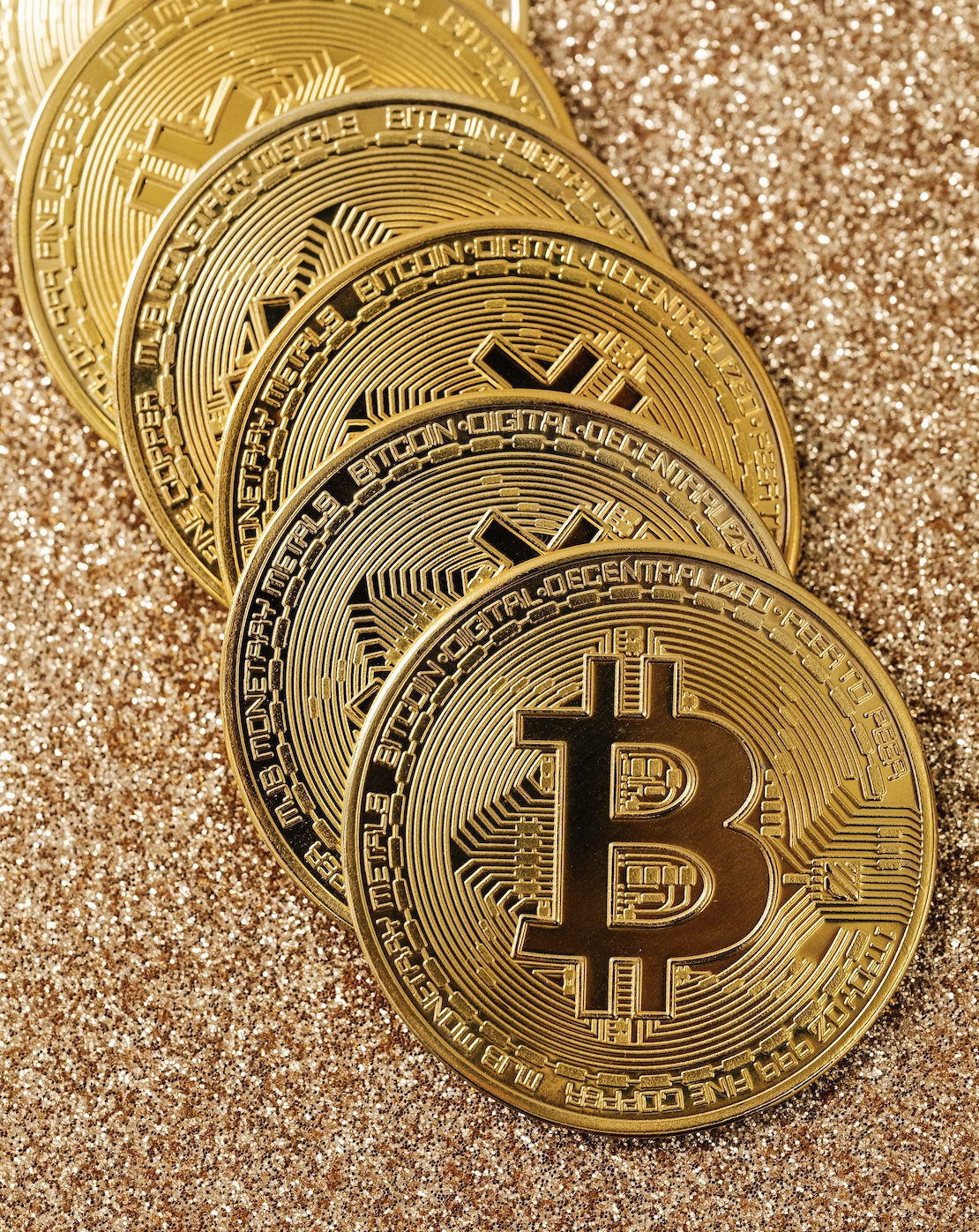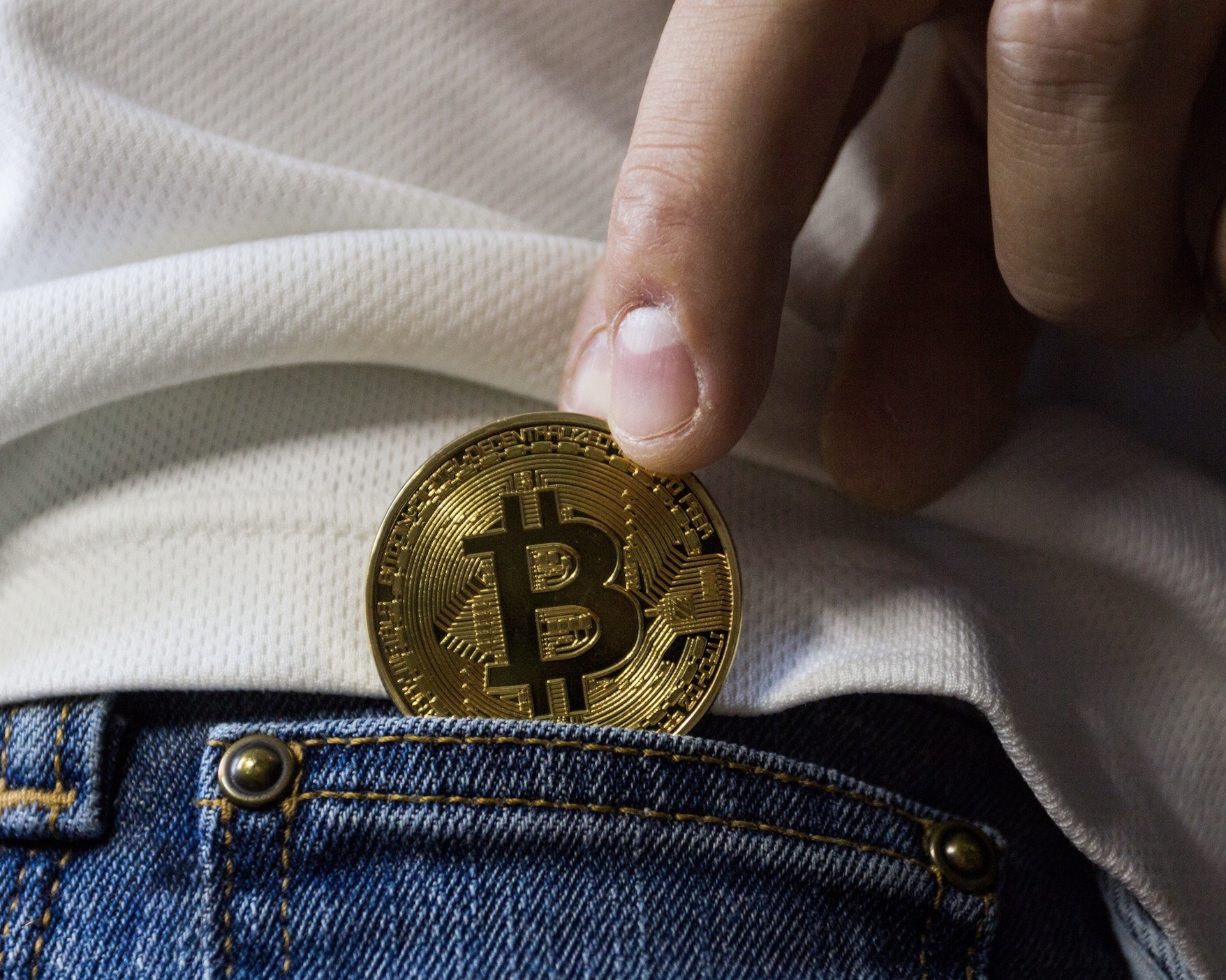
Pictures: Pexels
Bitcoin has impacted the world differently since its introduction. Here, we look at the impacts of this digital currency on the real world.
Bitcoin is the largest virtual currency by market capitalization. It’s also the most prominent electronic currency in the world. Perhaps, being the first digital currency explains its massive success. While the world has other virtual currencies, such as Ethereum, Ripple, and Litecoin, most people transact with Bitcoin.
Also, most crypto exchanges like bitcoin code accept this digital currency. Even most merchants and businesses accept Bitcoin payments, not other digital tokens. It’s, therefore, not surprising that Bitcoin has had the most impact on the world than other digital currencies.

Here are some of the effects of Bitcoin on the real world.
Changing Global Investments
Bitcoin benefits users by allowing them to transact faster while avoiding inflation. However, some investors now add this virtual currency to their portfolios for diversification purposes. That’s because Bitcoin has a non-correlated nature that makes it a potential risk or inflation hedge.
Ideally, some investor compares this cryptocurrency to precious metals or gold. Also, Bitcoin’s success has caused the rise of crypto exchange-traded products like ETFs.

But some experts think that a Bitcoin crash would adversely affect the broader market how mortgage-backed securities caused a financial crisis. So far, digital currencies have a total market capitalization of less than half the most prominent public companies like Amazon and Meta. And that’s despite being a dynamic and new prospect that may take either direction.
Nevertheless, some investors view Bitcoin as a speculation vehicle or an inflation hedge. However, their market size may not hint at a systematic risk yet.
Sparking Debates about Currencies
The increasing Bitcoin’s acceptance and adoption have sparked a debate around fiat money. Although Bitcoin lacks the backing of any government or precious metal like gold, people value and accept it. Some individuals and businesses have invested thousands and millions of dollars in this virtual currency.
For most people, Bitcoin represents freedom. It gives them control over their finances because they don’t need a government or a central bank to transact. What’s more, this cryptocurrency allows them to transact anytime and anywhere.
Some people love the technology underlying this digital currency. Many experts tout blockchain, saying its potential applications are endless. Thus, even some governments are researching and finding ways to use this technology to improve efficiency and citizens’ information safety.
Overall, Bitcoin’s success has prompted many people to rethink the idea or concept of money. It has shown that people don’t need a central authority to receive and transfer value. Perhaps, this explains why some governments, like China, have developed a government-issued cryptocurrency.

Rise of More Cryptocurrencies
Bitcoin premiered in 2009 after Satoshi Nakamoto introduced it in a whitepaper in 2008. While developers had tried to create digital currencies before, none had succeeded. Therefore, Bitcoin became the pioneer currency.
However, its success prompted developers to create more cryptocurrencies. Today, the world has hundreds of different cryptocurrencies. Although Bitcoin’s value had grown by almost 100% by 2016, its market share dropped as competitors tried to catch up with it.
Overall, Bitcoin’s market share has fallen from 85% to 50%, a sign that other cryptocurrencies are catching up.
Final Thoughts
Most people didn’t know the meaning of Bitcoin or cryptocurrency a decade ago. However, this virtual currency has become increasingly popular over the years due to its increasing price. Today, Bitcoin is a virtual currency for people who value or believe in its underlying technology.
Individuals who believe in freedom when controlling their finances love this cryptocurrency. Also, Bitcoin has provided an alternative investment for some people. Nevertheless, how things will turn out for this digital currency is a matter of wait and see because not every government likes it.
